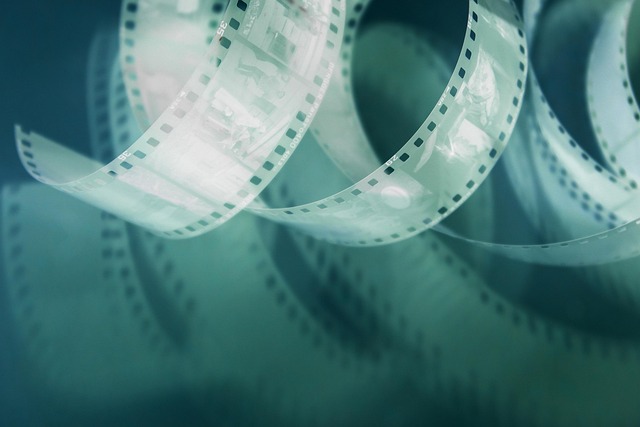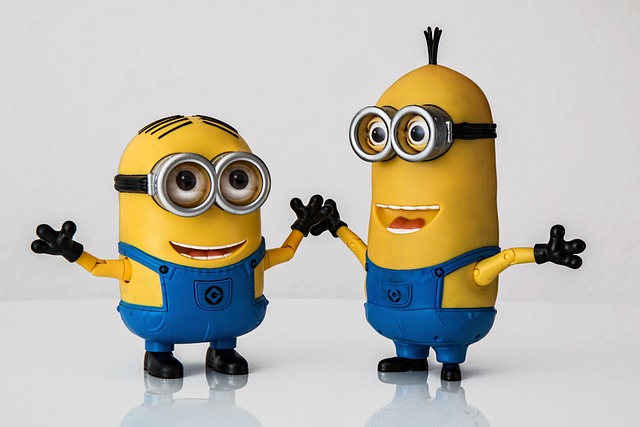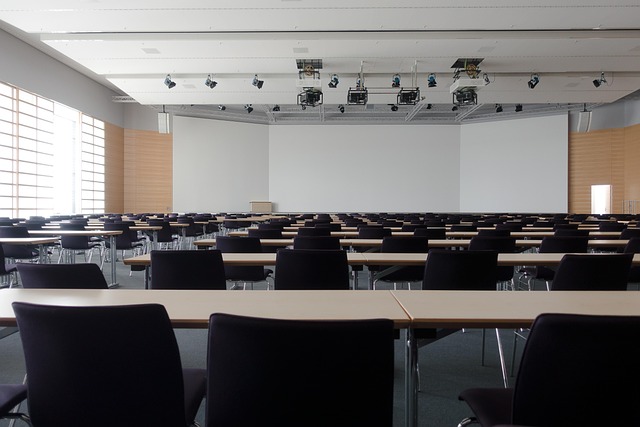
The Impact of Film Festival Juries on Modern Entertainment and Cultural Perception
In the ever-evolving landscape of modern entertainment, the role of the film festival jury has become increasingly pivotal in shaping cultural perceptions and influencing cinematic dialogues. Film festivals serve as a gathering point for artistic expression, where not just films are showcased but narratives are birthed, discussed, and dissected. The film festival jury, often composed of actors, directors, critics, and filmmakers, wields a unique power that resonates far beyond the confines of the screening room.
Each year, audiences flock to renowned festivals like Cannes, Sundance, and Toronto, eager to experience not just the films but the magic created by the thoughtful deliberations of the jury. These panels have the responsibility to sift through an abundance of creativity, picking award-winning films that possess the potential to inspire and challenge societal norms. When a jury bestows accolades upon a film, it acts as a cultural endorsement, giving that piece of art a level of visibility and a significance that can change the trajectory of careers.
The impact of a film festival jury is substantial. It can elevate underrepresented voices, bringing to light stories that challenge the status quo and reflect diverse cultural experiences. For instance, when a film highlighting an Indigenous perspective wins a prestigious award, it not only affirms the talent behind the project but also shifts cultural narratives, encouraging audiences to engage with perspectives they may not have previously encountered. This amplification of voices at festivals plays a vital role in transforming modern entertainment into a more inclusive and expansive medium.
Moreover, the jury’s decisions often influence industry trends, impacting what gets financed and distributed. When a jury recognizes a particular genre or theme, it sends a clear message to studios and investors about audience interests. The sudden rise of horror films in festivals over the past few years illustrates how juries can predict and manipulate market trends, leading to a surge in production and popularity within the genre. Thus, the film festival jury holds the keys to not just celebration but also industry direction, impacting the cultural landscape in profound ways.
However, the jury’s selection process is not without its controversies. Decisions can spark debates regarding bias, representation, and the subjective nature of ‘good’ cinema. Films that may resonate powerfully with specific demographics can often be overlooked, leading to discussions about accessibility in the film world. As audiences become more attuned to these dynamics, they also grow increasingly vocal, demanding that film festival juries reflect the diversity and global tapestry of cinema itself.
As culture and technology interweave in an age dominated by streaming services and instant access to media, film festival juries find themselves in a transformative role. They are the gatekeepers of artistic integrity, yet they also hold the challenge of maintaining relevance amidst the rapid changes in how we consume films. Each jury decision can either challenge or uphold traditional cinematic conventions, pushing filmmakers to innovate while inviting audiences to broaden their viewing lenses.
Ultimately, the film festival jury stands as an essential element in the contemporary cinematic experience. Their influence echoes throughout modern entertainment and cultural perception, shaping the film narratives we celebrate and the stories we tell. As we continue to engage with cinema, it’s crucial to appreciate the thoughtful consideration that jury members put forth, recognizing their power to sway not just the film industry, but also societal dialogues that extend far beyond the screen.



